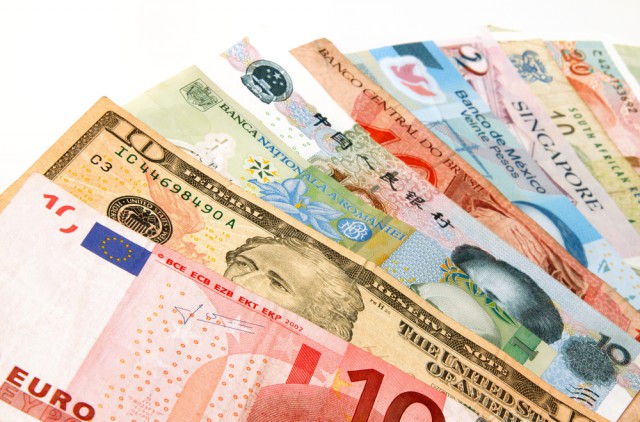
Apple Q2 2013 by the numbers: $43.6B revenue, $10.06 EPS
Today's closing bell brings answer to a question oft-asked over the past two weeks: "Will Apple profits fall for the first time in about a decade?" Not since 2003, when the fruit-logo company recovered from economic woes that sapped global PC shipments everywhere, has profit receded. Now we know.
For fiscal Q2, Apple reported $43.6 billion revenue and net profits of $9.5 billion, or $10.06 a share. Gross margin: 37.5 percent. A year earlier, the company reported revenue of $39.2 billion and $11.6 billion net quarterly profit, or $12.30 per share.
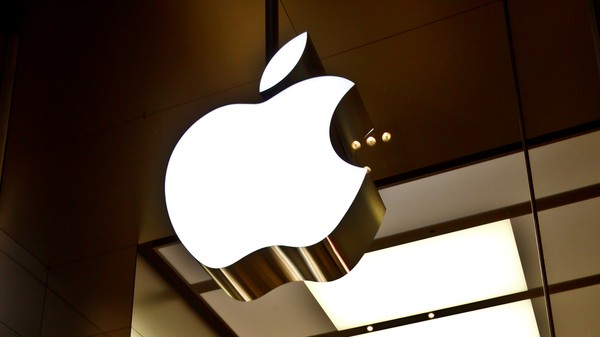
Six ways Apple could correct its enterprise blunders
Second in a series. Out of fairness, I follow up my long analysis "The enterprise will never embrace Apple" with some advice for the company. There's room in the enterprise if only Apple made more effect. None of these suggestions is outside the reach of CEO Tim Cook and the core leadership.
Perhaps Apple stays out of the enterprise game because the top brass knows that they have little expertise in the general directions that big business is heading. Their lack of desire (or capability) for true Active Directory integration, for example, is already public knowledge. When it comes to virtualization and the move to virtual desktops, Apple has no public strategy for allowing (or supporting) such an infrastructure on OS X devices, at least first party. To put it plainly, Apple's overall game plan for cozying up to the wants of enterprise is nearly nonexistent.
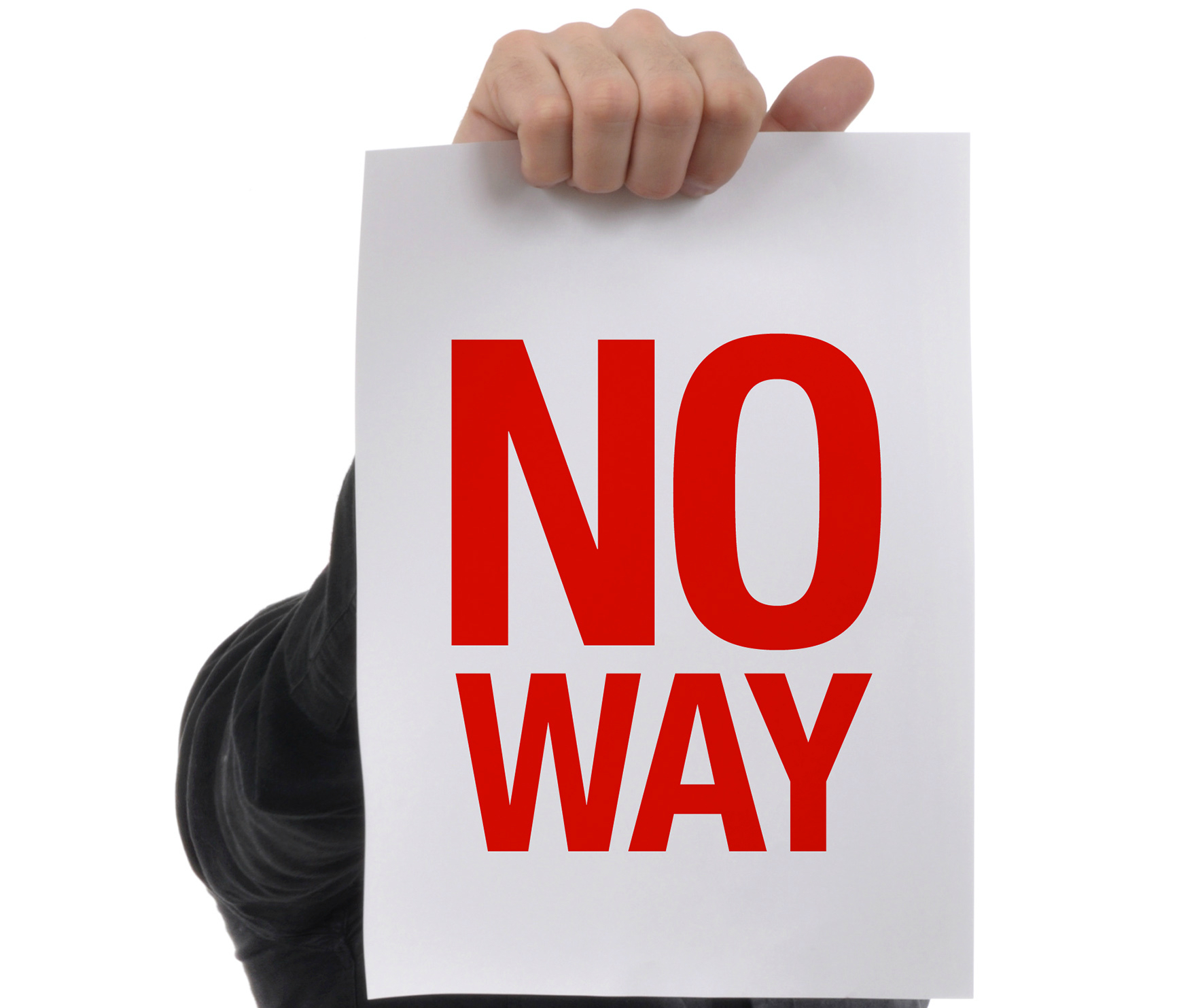
The enterprise will never embrace Apple
First in a series. If there is one company that clearly doesn't care about the corporate world, it is Apple. As iOS continues to forge flagship status as Apple's core offering, OS X gets second-class-citizen treatment in every possible way from the Cupertino, Calif.-based company. While the enterprise reluctantly builds out BYOD (bring your own device) initiatives to support usage of Apple devices at the workplace, this is a far stretch from openly embracing iOS or OS X as viable corporate platforms. Apple's presence in the boardroom is due to bottom-up organic acceptance as opposed to top-down purposeful planning.
By even conservative estimates, the enterprise IT market is massive, and growing steadily as the recession continues to recede. IDC recently pinned US corporate IT spending for 2013 at $474 billion, a 6 percent increase over the previous year. And globally, Gartner says that this figure is closer to $2.679 trillion, which represents a 2.5 percent year over year bump. Yet while Apple's sales in phones and tablets continues to stay consistently solid, the company's attitude towards enterprise hasn't changed one bit. For lack of a better description, top Apple executives just "don't care".
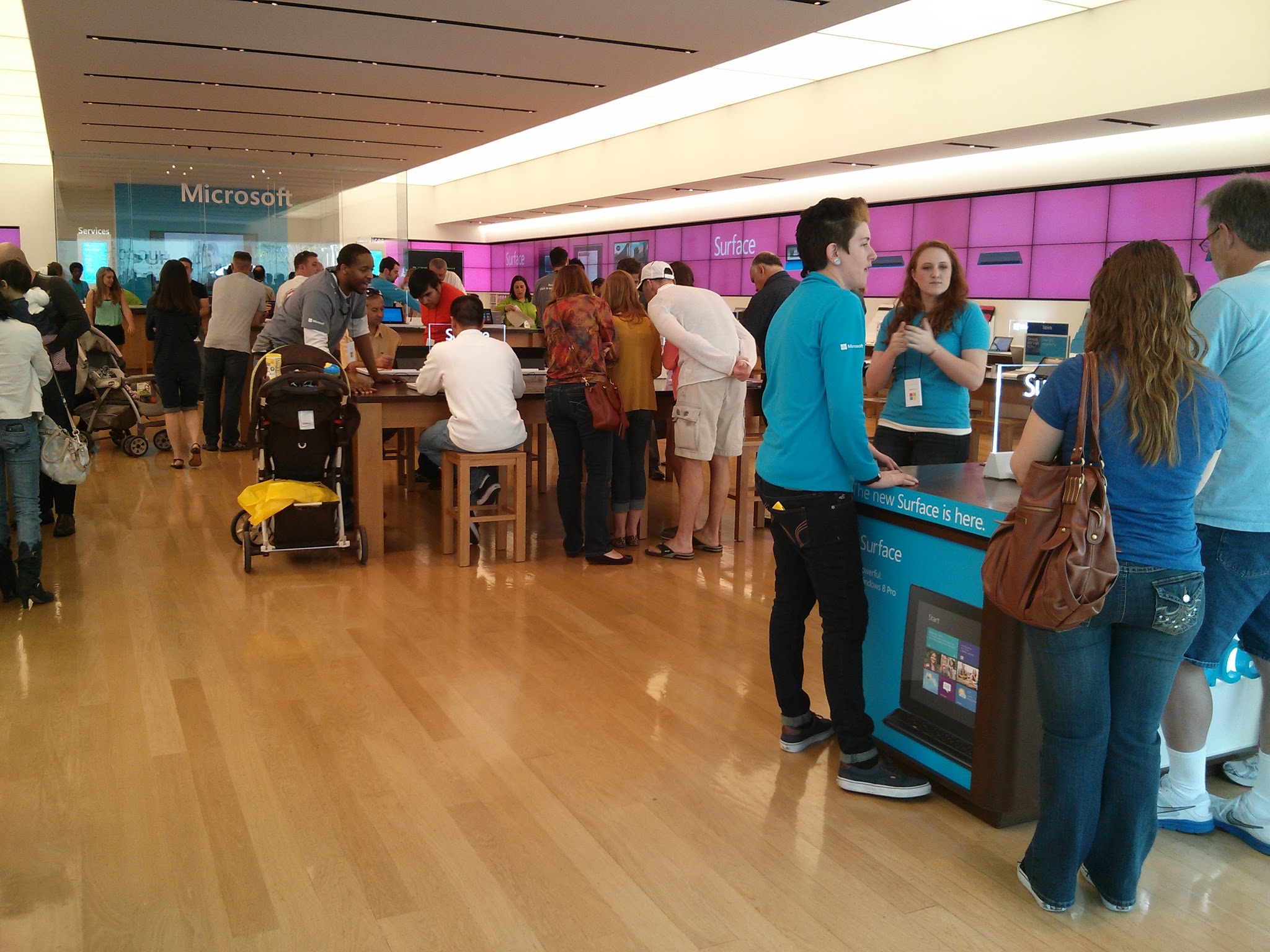
Microsoft bundles tempt Surface Pro buyers
Yesterday, I spent about 45 minutes at Microsoft Store San Diego, which was busy -- sight not seen since Kinect's November 2010 launch. Shoppers came to see Surface, and there were lots of questions and explorations of both tablets, although clearly Pro was the draw. Unfortunately, only the 64GB model is in stock, which somewhat muted sales, or so I observed.
If Surface is a failure, as so many bigmouths on the InterWebs claim, what company wouldn't want one like this? There are many measures of success in retail, and just getting people in the door is one of them. Once inside, shoppers may buy something, or walk out feeling better about the brand, leading to sales of something else later on. "Jesus! Can you believe that Microsoft? Baby, you shop here for my birthday!"
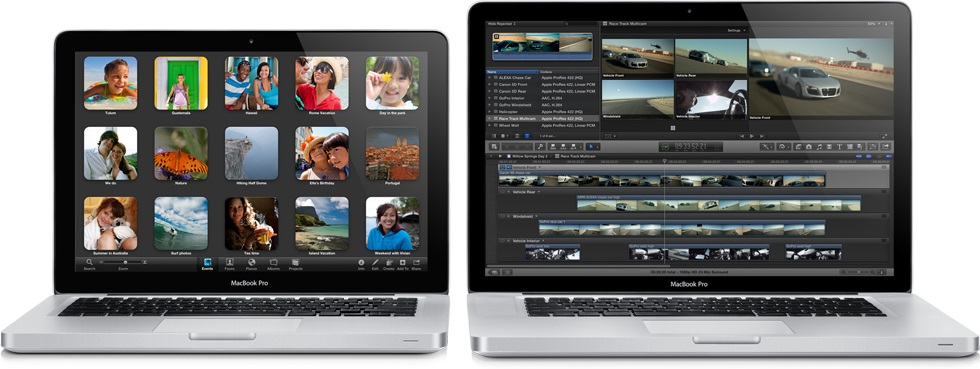
Apple lowers laptop prices, beefs up specs
Today, Apple announced a number of changes in the pricing and hardware department for the company's MacBook laptop lineup. The Mountain View, Calif.-based corporation lowered the price for the 13-inch MacBook Pro with Retina display and for the top-of-the line 13-inch MacBook Air and beefed up the specs for the 15-inch MacBook Pro with Retina display.
If you were holding off on buying an Apple MacBook now is a good time to reconsider. The fruit-logo company slashed $200 from the price of the 13-inch MacBook Pro with Retina display, which now starts at $1,499 and $1,699 for the base and top model, respectively. Apple applied a similar treatment to the 13-inch MacBook Air in 256GB trim, which now goes for $1,399, $100 less than before.

Can we blame Best Buy's big MacBook Air sale on Chromebook?
If you ever wanted Apple's tiny laptop, cash in your savings or dig out the credit card. Best Buy has a short sale going, discounting MacBook Air by $200. That means price starting at $799.99 today and tomorrow for an 11.6-inch model with Intel Core i5 processor and 64GB SSD. Double the storage for another 100 bucks.
The promotion, part of Winter Doorbuster Days, is Friday and Saturday. Best Buy discounts other goodies, but MacBook Air stands out for the price, which lowers the entry cost to joining the Mac Fan Club. But Best Buy also sells the Samsung ARM Chromebook, for $249.99, also with 11.6-inch panel, similar size and weight and comparable (if not better) ergonomics. And Best Buy can't stock Chromebooks fast enough. While the company doesn't release sales data, social network chatter reveals bounty hard to get. So can we just blame Chromebook for Best Buy's sale?

What's rotting Apple?
I'm not an investor or financial analyst. But I do have a measure of commonsense. Lots of people are asking about Apple's falling stock price and why it is. You don't need a MBA or ponder price-earnings ratios to, by commonsense, see what's happening. Apple is undergoing a long-overdue course correction. It's the new normal, baby, get used to it.
Analysts making wild-eyed predictions just months ago about $1,000 a share or bloggers banging keyboards about $1 billion market capitalization are nutty fruitcakes. Apple cofounder Steve Jobs is gone, so they made their own Kool-Aid and spiked it. They're the only thing getting high here. Apple is laid low.
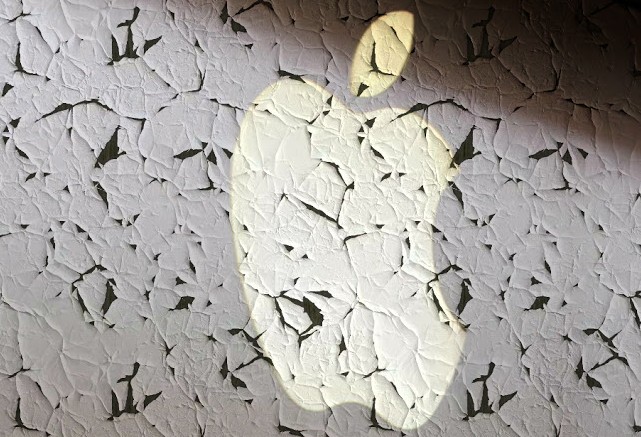
Will 2013 be another year of Apple iteration masquerading as innovation?
Apple ended 2012, Tim Cook's first full year as CEO, with a whimper. Analyst, blogger, reporter and social commentator puppy-love adoration gave way to persistent angst-questions about what's next and why the stock, which soared in September, soured through most of fourth quarter. Shares closed at $549.03, 22 percent down from the 52-week high. I can only describe 2012 as Apple's year of iteration and wonder where will be innovation this year. After all, the bitten-fruit logo company has a reputation to live up to.
By the financials, the Cupertino, Calif.-based company is the golden child. Starting in 2010, money poured in faster than the US Mint could print greenbacks. Apple takes in more cash than any other tech company ($156.51 billion during fiscal 2012), commands the largest market cap ($516.47 billion) and sits on a cash horde of at least $120 billion. But these capital gains come from past strategic investments, lucky timing (transition to the so-called post-PC era) and brilliant brand revival marketing and product execution. For the long haul, I predict that 2012 will be remembered as the year Apple stumbled -- as companies often do at the height of success -- and in this case following the tragic loss of its visionary cofounder.
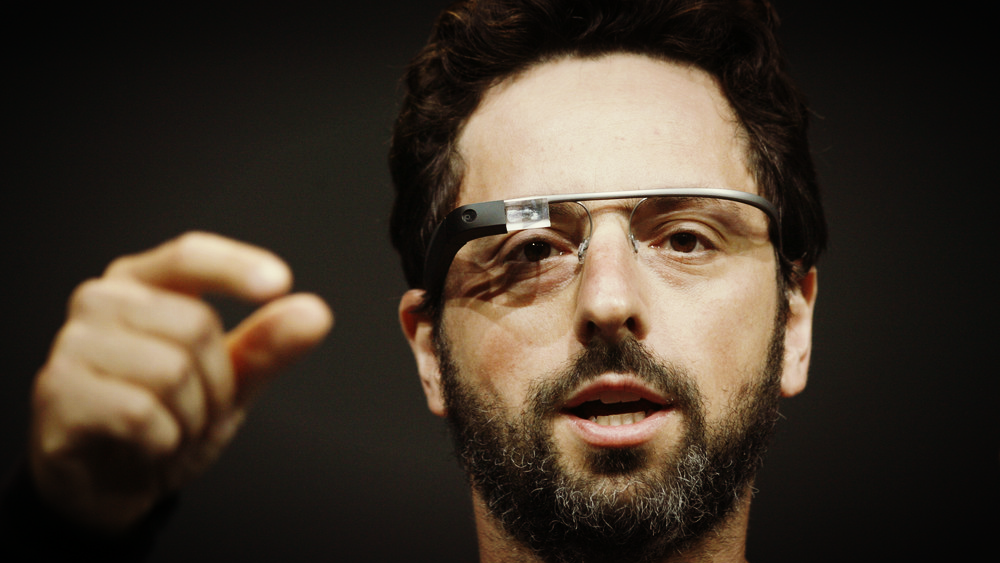
An Apple Christmas Carol
Tim Cook smiled as he pulled up the blankets and shook his toes against the cool sheets. Christmas Eve had come and the last Apple Store closed. Preliminary sales were gangbusters. Wall Street analysts betrayed him with lowered share price targets and projections iPad and iPhone sales slowed. But he knew! Cook laughed and kicked his legs under the covers. The best fourth quarter for sure! Occasional giggles broke the silence until at last -- long last -- sleep became him.
But briefly, for rattling chains startled Apple's CEO from slumber. Chunk. Chunk. Chunk. The clanking grew louder and an ominous dragging sound with it. A frightening wail followed. Pain. Great pain! Then through the wall pushed out an apparition. Ghastly yellow eyes squinted behind a face sullen, sunken and seemingly familiar. Tattered black turtle neck and blue jeans -- the uniform worn by his predecessor and mentor. Realization pierced Cook, and he felt a burning hot fire in his solar plexus. Steve Jobs!
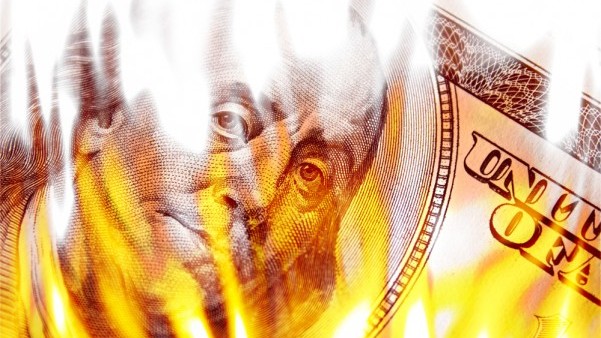
Apple's perception problem is HUGE
For more than a decade I've quipped: "In business perception is everything". For some brands, this axiom is truer than for others. Apple leads the list, much to its determent. For more than a month now, I've read speculative stories from all quarters trying to figure out why the company's stock tailspins. Some people blame the fiscal cliff, others taxes. Meanwhile, the anti-Apple crowd delights in rumors iPhone sales are slowing and the mini cannibalizes iPad 4 sales. There's an aura of doom that I can only describe as the anti-reality distortion field.
Earlier today, Apple shares briefly dipped below $500, a low not seen since around Valentine's Day. Bloggers are beside themselves posting about this catastrophe -- or so they see it. I laugh, because they are a large part of the company's falling stock price problem. All these stories contribute to negative perceptions that feed the frenzy. That's one part of the answer to how someone nicked an artery and Apple bled about $200 per share, or 27 percent decline, from September's $705.07 record high. These bloggers were, and still are, detached from reality -- like analysts covering the company. Just two months ago, the Apple Fan Club gloated about projections of $1,000 a share. Now they run around like street people holding signs "The World Ends Dec. 21!" as shares slip and analyst cut back projections.

Apple squanders its riches
Does anyone really like to be bullied? Is arrogance something most people aspire to achieve, or behavior socially embraced? You know the answers. But these qualities too much describe Apple since its sudden success starting in 2010. The company continually sticks a middle finger in the face of competitors, judges, partners, the patent system and pretty much anyone or anything else. The corporate attitude is a disaster underway that, unless checked, will ruin reputation long in the making.
The Cupertino, Calif.-based company makes many of the same mistakes Microsoft did during the late 1990s. Apple's most valuable commodity is its brand, which is being squandered at alarming pace. For a company for which so much stock share value derives from perception, the risk is huge.

Apple iOS head Forstall is out, but a new division for chips and radios is in
In a statement announcing an executive reorganization, Apple on Monday announced that its senior vice president of iOS software, Scott Forstall, and its head of retail, John Browett will both be leaving the company.
The executive shuffle is being done to "encourage even more collaboration between the Company’s…hardware, software and services teams," according to Apple.

Apple logo offends Russian Christians
According to a story on the Russian Interfax news site, some Russian Christians have taken to defacing, or replacing, the logo on their Apple products because it’s "anti-Christian" and insults their faith.
While to you or I the logo just looks like a Golden Delicious that’s had a chomp taken out of one side, to some radical Orthodox Christians, including some priests, it apparently represents the original sin as described in the Bible, where Adam and Eve disobey God by noshing on some forbidden fruit in the Garden of Eden.

I would end my boycott if Apple stopped bullying others
Apple is on my mind again, with the company hosting a big media event tomorrow presumably to unveil iPhone 5. I'm not seriously thinking about buying the smartphone, certainly not sight unseen. I'm super satisfied with Galaxy Nexus -- if not, I'd move to a LTE Android, perhaps HTC One X or Samsung Galaxy S III. Rather, iPhone 5 is good time to assess my personal Apple boycott, where I sold off all my fruit-logo gear in protest of patent bullying.
Until July, I was a long-time Apple user, starting with the December 1998 purchase of the original Bondi Blue iMac. Then about six months ago, Apple's persistent competition-by-litigation tactics finally made me mad. I also had grown sick of Apple media bias that borders on the insane. How crazy? Yesterday, Washington Post explained "How Apple’s iPhone 5 could singlehandedly rescue the US economy". Bad is worse -- today, extending this economic lift to US presidential elections, Nextgov (a product of the National Journal Group) asserts: "How the iPhone 5 could help re-elect Obama". These are people I really don't want to associate with. (Say doesn't the president use BlackBerry?)
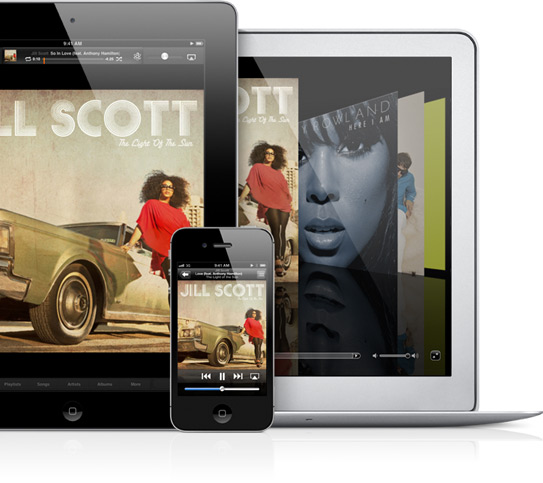
Apple Q3 2012 by the Numbers: $35B revenue, $9.32 EPS
Uncertainty hung over Apple's fiscal third quarter coming into today's earnings announcement. Gulfs widened among analysts for overall revenue estimates and about how many iPads or iPhones were sold. No one expected poor performance, there was just more uncertainty about what and where than more recent quarters. Fiscal Q3 will be remembered as sea change coming, as Apple missed Street consensus for the first time in years and iPad sales surged against iPhone.
For fiscal third quarter, Apple reported $35 billion revenue and net profits of $8.8 billion, or $9.32 a share. A year earlier, the company reported revenue of $28.57 billion and $7.31 billion net quarterly profit, or $7.79 per share. Apple announced fiscal Q3 results after the market closed today.
